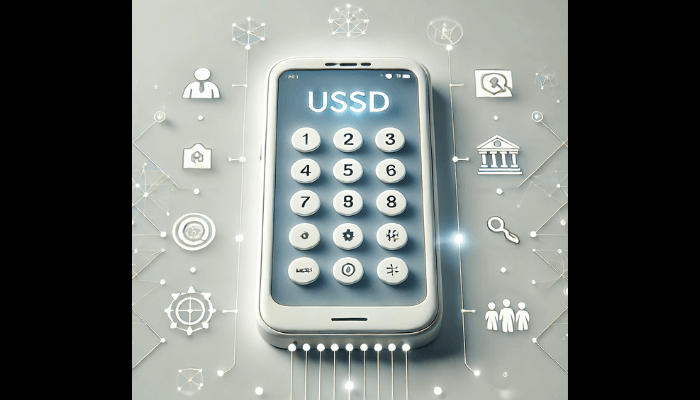Millions of banking customers will lose access to the Unstructured Supplementary Service Data (USSD) of nine banks after telecommunication firms stop supporting these codes because of a N160 billion debt.
These telcos, acting under the Nigerian Communications Commission’s (NCC) directive, will cut off the USSD access of these banks by Monday, January 27, 2025, if a chunk of the debt is not cleared.
In a notice on Wednesday, the NCC listed the banks and their USSD codes: Fidelity Bank Plc (770), First City Monument Bank (329), Jaiz Bank Plc (773), Polaris Bank Limited (833), Sterling Bank Limited (822), United Bank for Africa Plc (919), Unity Bank Plc (7799), Wema Bank Plc (945), and Zenith Bank Plc (966).
“In fulfilment of its consumer protection mandate, the Commission wishes to inform consumers that they may be unable to access the USSD platform of the affected financial institutions from January 27, 2025,” the NCC said.
USSD is a crucial payment gateway for many Nigerians, especially those using feature phones in a country where smartphone penetration stood at 59 percent in urban areas and 26 percent in rural regions.
During the 20th anniversary of the telecoms sector in 2021, Ebenezer Onyeagwu, the then group managing director of Zenith Bank Plc, said, “The introduction of USSD changed everything. Without telecoms infrastructure, there is no USSD code.”
With USSD, individuals living in areas without banks can open accounts and carry out transactions, expanding the country’s financial inclusion rate of 74 percent in 2023, according to EFInA.
Read also: These 9 banks USSD codes will stop working from January 27
Bolaji Akinboro, chairman of Voriancorelli, noted, “USSD is very crucial. It is a universal channel, in the sense that you can access financial services regardless of the phone you use.”
Since 2019, telcos have noted that financial transactions have driven 90 percent of traffic on USSD. According to GSMA, the global association for telcos, “nine in 10 mobile money transactions in Sub-Saharan Africa still flow through USSD. Specifically, USSD has proved to be a useful tool in dealing with the fallout of the COVID-19 pandemic.”
However, the inability of commercial banks to settle a payment dispute with telcos since 2019 is set to jeopardise access for many dependent on this service. This step follows a recent order by the Central Bank of Nigeria (CBN) and the NCC, which ordered banks to pay a chunk of the USSD debt owed to telcos.
In a December 20 memo, the CBN and NCC gave banks a December 31, 2024, deadline to pay 85 percent of all outstanding invoices (from February 2022), and according to the NCC, nine of the 18 banks indebted to the telcos cleared over 90 percent of their debt. It noted that the total debt had fallen from over N200 billion to N160 billion.
“The financial institutions’ failure to comply with the CBN-NCC joint circular also means that they are unable to meet the Good Standing requirements for the renewal of the USSD codes assigned to them by the Commission,” it said.
However, many bank executives have argued that USSD technology is becoming outdated, with Internet banking quickly filling the gap.
In 2023, Segun Agbaje, chief executive officer of Guaranty Trust Holding Company Plc, said, “USSD is a clumsy technology. It’s not state-of-the-art. The best way to have financial inclusion is to crash the cost of data so that data becomes more affordable. Then we can use what is a superior technology.”
According to the CBN, the value of USSD transactions between January and June 2024 was N2.19 trillion, a 54.75 percent decline from N4.84 trillion in the same period of 2023.
Adedeji Olowe, founder of Lendsqr, added, “Smartphone penetration is increasing, and without USSD, people will probably be fine.”
